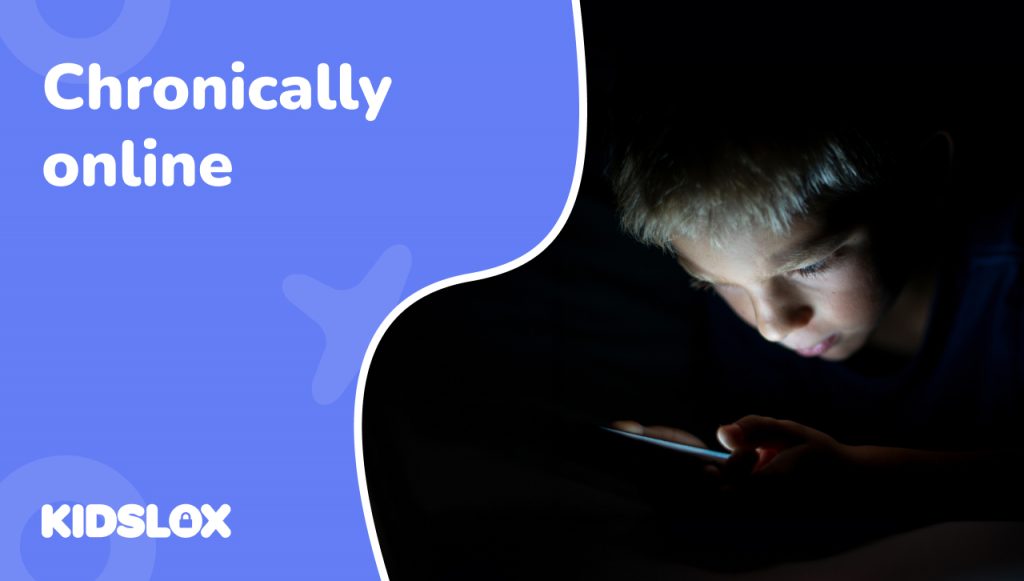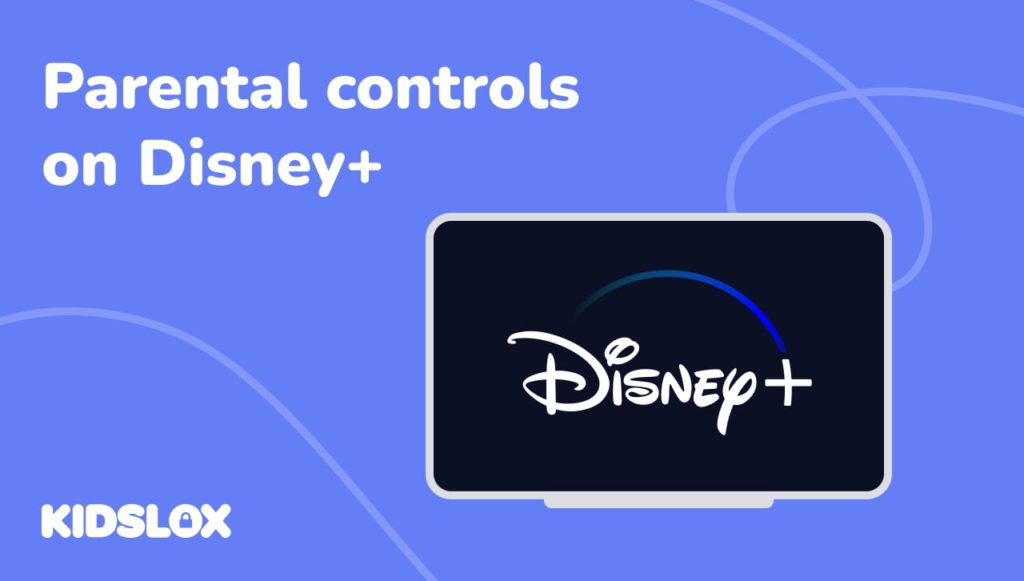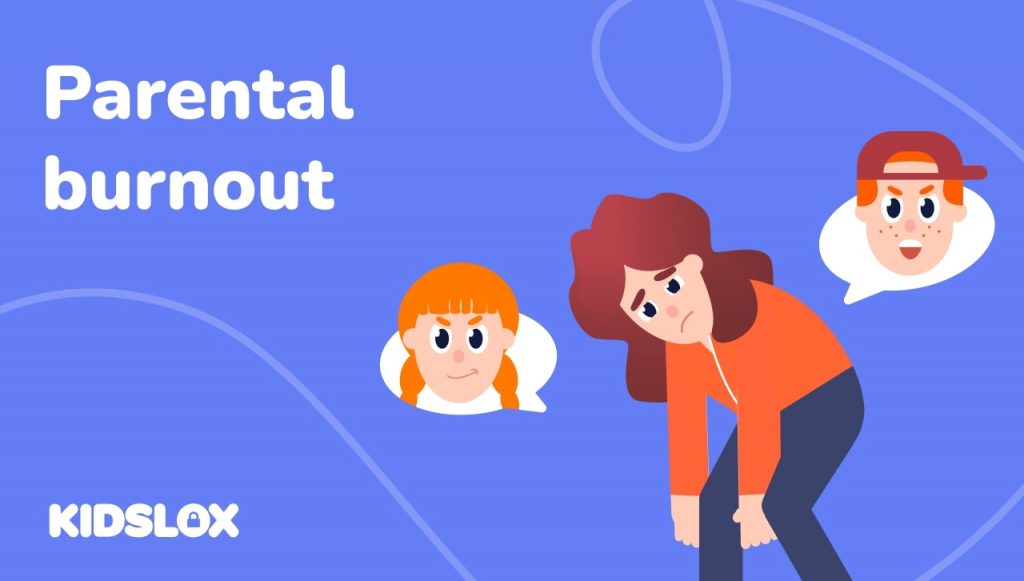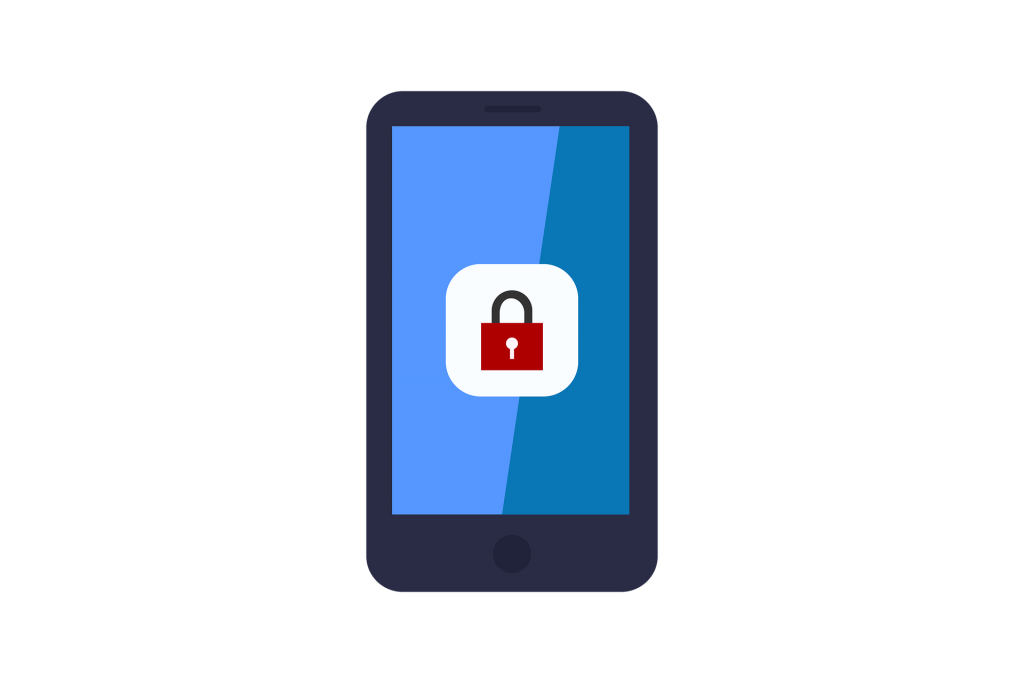We decode the gen-z slang for living on (and for) the internet.
In an era dominated by digital connectivity, parenting has taken on a new dimension. The prevalence of smartphones, social media, and a myriad of online platforms has given rise to a term that resonates with many: being “Chronically Online.” For parents who may not be particularly tech-savvy, navigating this digital landscape can be both intriguing and overwhelming. This article aims to shed light on the concept of what it means to be ‘Chronically Online’.
What does ‘Chronically Online’ mean?
The term “Chronically Online” encapsulates the idea of being constantly connected to the digital realm. It goes beyond mere internet usage; it signifies a lifestyle where individuals are deeply immersed in the online world, often to the point of it becoming a defining aspect of their daily lives and their personality.
In many respects, ‘Chronically Online’ has become almost an identity marker and sub-culture of social media life. It can refer to people who speak as though they are talking online, using the word ‘hashtag’ or ‘lol’ out loud. It may also refer to people who closely follow internet-led trends, like WaterTok (and the ubiquitous Stanley Cup), and using internet-slang like ‘slay’, ‘100’ or referring to their outfit as an ‘aesthetic’ (Lost? Keep following to understand more!).
The Chronically Online Core: Memes, Reddit, and TikTok
Much of what we understand about being ‘Chronically Online’ is rooted in social media culture. Memes, often humorous and relatable images or videos, have become a language of their own, with many centered around the online experience. Reddit communities, with their diverse discussions, provide a window into the lives of those who navigate the digital world with varying degrees of intensity. TikTok, with its short-form videos, has not only revolutionized entertainment, but has played a major role in shaping digital trends that create culture by crossing over into the mainstream.
To understand this phenomenon, we must delve into the profound impact technology has had on our society, shaping the way we communicate, work, and raise our children.
Can being ‘Chronically Online’ Impact Mental Health?
An over dependence on understanding and being a part of online culture and conversations can become all consuming and contribute to poor mental health outcomes for a variety of reasons:
1. Lack of real world connections – by prioritising the internet over friends and family, individuals are missing out on the tangible social interactions that we need to feel fulfilled. As great as the internet and social media can be at bringing people together, it’s never a substitute for the ‘real thing’.
2. FOMO – much of what’s presented online is the ‘best version’ of people’s lives, appearance, work life and more. By spending too much time online, we risk seeing the world through rose tinted glasses, comparing ourselves with others and not appreciating the small things in life.
3. Unrealistic expectations – online culture can also lead people into believing that things are easy to achieve without hard work or effort, causing feelings of dissatisfaction and sadness.
4. Vicious cycle – social media platforms are, by design, highly addictive. The algorithms listen in to what you like to interact with and feed you more of it. The more time you spend online, the more susceptible you are to this model and how it works.
What Are the Signs of Being ‘Chronically Online’
People who are chronically online are typically highly preoccupied with internet culture, with viral trends, memes and other social media culture observations forming a lot of what they like to do and talk about.
While the idea of being ‘Chronically Online’ is more of a cultural observation with no actual medical recognition, it does share some common themes with the idea of being ‘internet addicted. If you’re worried about a friend, family member or even one of your children, it’s useful to understand some of the signs of a more pervasive version of internet addiction.
Excessive screen time, constant checking of notifications, and prioritizing virtual interactions over real-life connections are common signs that someone is spending too much time online. Understanding these signs is the first step in mitigating the potential consequences for both parents and their children.
More commonly recognised signs of internet addiction include:
- Fatigue
- Insomnia
- Aches and pains from lack of movement
- Digestive problems
- Change in physical appearance/no longer paying attention to grooming or hygiene
- Unintended weight loss or weight gain
- Psychological symptoms of internet addiction:
- Poor concentration capabilities
- Trouble distinguishing reality from fantasy
- Memory impairment
Balancing Act: How to Enjoy the Internet Without Feeling ‘Chronically Online’
Recognizing the need for a balance between online and offline activities is key to managing chronic online engagement. Here are some ideas and strategies to keep online and social media use in harmony with your’ real world’ life.
Be mindful!
Mindfulness is a practice that everyone can benefit from in all facets of their life. Being present and in the moment stops us from worrying about things that might not happen, or aren’t relevant to what we need to focus on. Being mindful of how much time we spend online, and how it might be impacting the way we behave and interact with those around us is one way of managing ‘Chronically Online’ behavior. Using screen time monitoring technology through parental controls – or via the inbuilt features on your smartphone, can give you tangible goals and limits to stick to.
Be positive!
All or nothing approaches rarely work, and with so much of our real world lives intertwined with our digital ones, going ‘cold turkey’ isn’t always realistic.
Instead, start small and celebrate the fact you are taking steps to regain some balance in your life.
Tech-free zones
Designate areas of your home to become tech-free. Rooms like your bedroom and the dining room are excellent starts as these social and relaxation spaces allow you to connect with others without phones present.
Tech-free times
Likewise, you can choose to put the phone away at certain times to safeguard those face to face moments. Meal times and at least an hour before you go to sleep are great starts.
Managing a ‘Chronically Online’ teen
While it’s hard enough to manage our own online activity as adults, the lure of social media can prove even harder to resist for the teenage brain!
If you’re concerned about your teenager’s online habits, and you’re worried that they’re falling into the ‘Chronically Online’ category, here are some ideas to tackle the issue head on:
1. Don’t be too harsh! It’s crucial to recognize the positive aspects of technology and find a middle ground. Embracing technology for educational and recreational purposes can enrich everyone’s lives and parents can leverage digital resources to supplement their children’s learning, explore educational apps, and engage in shared online activities that promote creativity and skill development. Bring the topic up at a time that feels natural and open-ended, start by asking them what they think about social media and spending a lot of time online when you have them as a captive audience (car journeys or meal times are ideal!).
2. Allow them some agency and work together on the outcome. A family media plan and schedule is the best way to set hard and fast rules about online use at home. Allow your teens to take part in its creation, giving them say over the times they can use devices and what happens if they break rules. For added security and peace of mind, you can use Kidslox to put the plan into action and block harmful content and apps too.
3. Make it a habit. Encouraging responsible digital citizenship within the family as a holistic part of parenting and not a punishment is key. Prioritize values such as empathy, respect, and critical thinking in the online realm. Don’t forget to make your kids aware of their digital footprint, the impact of their online interactions, and the importance of online etiquette contributes to a positive online community. Empowered with the facts about internet safety, it’s easier to understand why spending too much time online can have negative consequences.
4. Make offline as exciting as online! This might include collaborative online projects, family game nights or giving them more quality time and support with a hobby or offline passion they have. By finding a middle ground, parents can foster a positive and constructive relationship between their family and technology and avoid the pitfalls of being ‘Chronically Online’.





